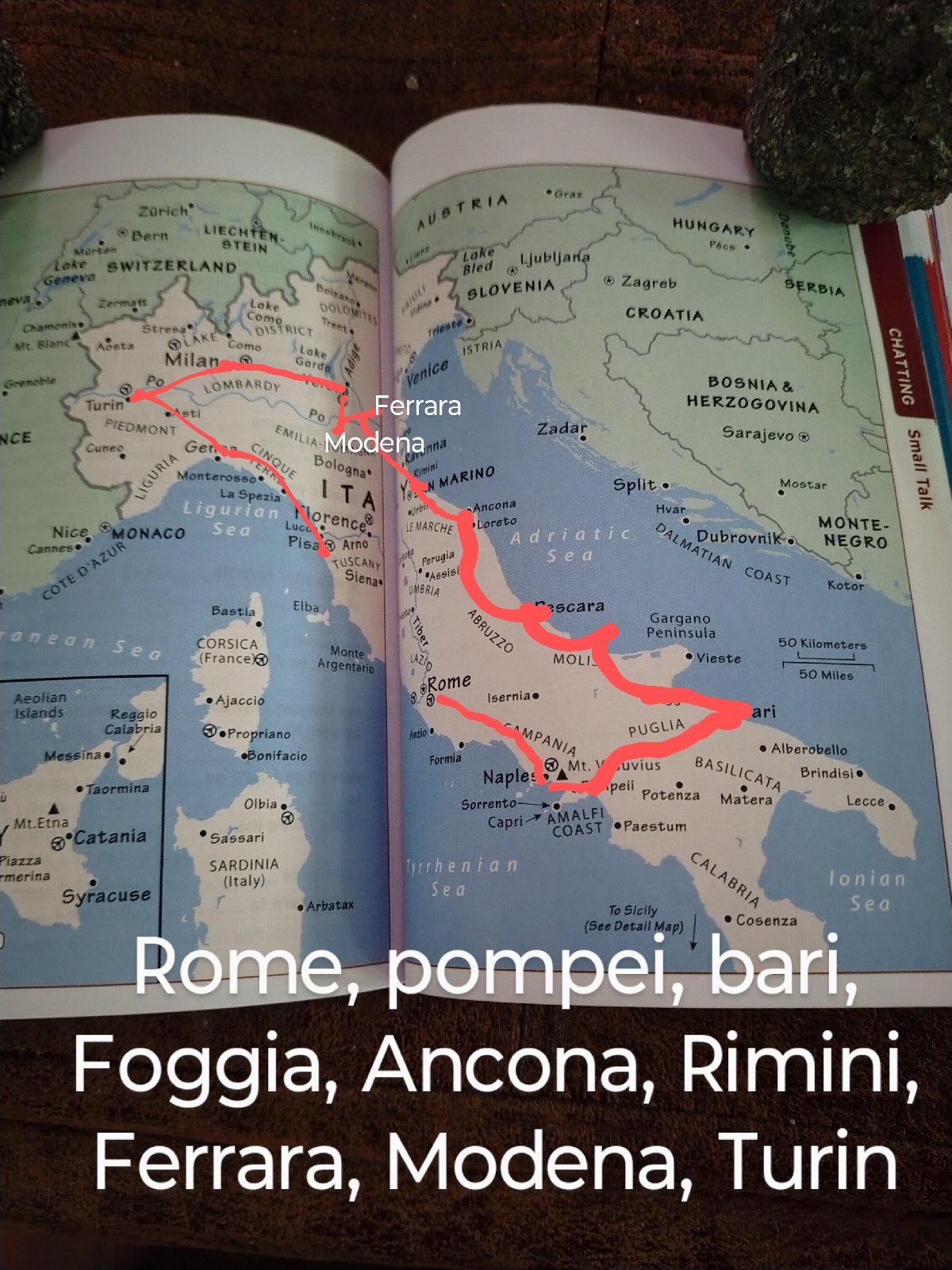1. Learn the 1000 most common words + one example sentence using each word. Use mnemonics if it helps. Draw little pictures of anything concrete on a flash card. Drill yourself. Go through them 3 times, twice with the new language on top, once with your mother tongue on top, so you are forced to come up with the target language.
2. Get a short library audiobook for travelers. Work your way through it, a half hour per day. Speak aloud.
3. Learn 5 main irregular and regular conjugations of verbs. It's maybe 8 little charts in romance languages. Even people who scream in fear at grammar should handle that fine. To have, to be, to speak, to read, to want are verbs you'll hear, and need, often.
4. Then start listening to free YouTube videos aimed at language learners, all in your target language, with target language subtitles on. Jot down new vocabulary on new flashcards. Do ghosting with one video per day, which is pausing every sentence to parrot that sentence aloud.
5. Walk around and talk to yourself in the target language. "Look, a pretty tree. I like trees." "I drive to the grocery store. I need chicken, milk, potatoes, lettuce, and canned tomatoes." Look up words you are missing using Google translate.
6. Then hire a tutor for 2 1-hour sessions per week, or talk to chat GPT, for free, 20 minutes every day.
7. Only now try reading, graded readers or middle grade level books, mangas, maybe cookbooks. Or try listening to TV or watching movies, especially documentaries on topics you like. QVC in your language and cartoons are good beginner choices too. Before this point, it will all just be confusing noise, more depressing than helpful.
8. Don't wait until 1 month before a trip and expect to do all this in a month. Step 1 will probably take a month. Unless you are in Middlebury's pricey immersion program or army intelligence immersion training courses, it will will likely take a year of daily work.
9. Take some A1, A2, B1 tests as you progress, via YouTube videos, to see where you are and what you're missing
10. As you progress, change from listening and reading to speaking and writing for more and more of your study time.
11. Bonus hint: It may take you more than 500 hours to get to B1. (A figure you find online.) It takes as long as it takes. 500 hours would be 80 minutes a day for a year.
Also, this is not too far off the book Fluent Forever's advice. Read it if you are interested in well researched information.
No, you don't have to be a child to learn. If fact you could get to B1 level in one dedicated year, but after 5 years of having everyone around them tutor them daily, children require 5 years to end up sounding like 5-year-olds. You can do much better! You can talk to native speakers, at an adult level, after a year of work.


